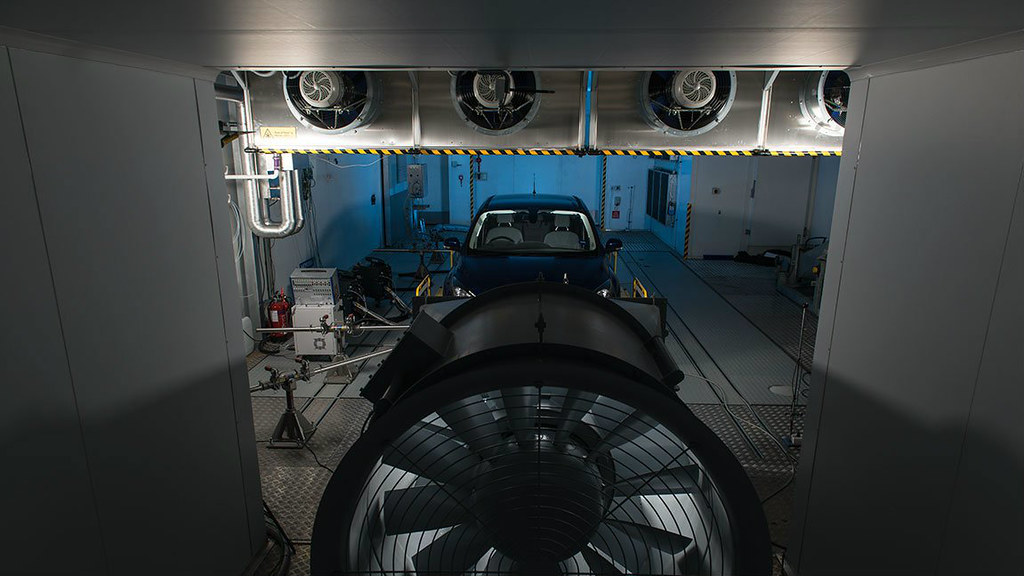The project will develop new combustion technology that will deliver a higher output per capacity than currently possible, and aim to further facilitate CO2 reductions while simultaneously increasing engine output. The technology is destined for application in future McLaren engines.
Bath is the sole academic institution and its Powertrain & Vehicle Research Centre (PVRC) will bring their advanced research and development capabilities in internal combustion engine systems efficiency. Alongside McLaren Automotive and BMW Group, the syndicate also includes engineering consultancy and current McLaren engine manufacturer Ricardo; Grainger and Worrall who will deliver complex, lightweight casting technology; and Lentus Composites who will contribute knowledge in specialist composite structures.
Supported and part-funded by the UK Government through the Advanced Propulsion Centre (APC), the project will also improve the UK’s development and production capabilities of low-CO2 internal combustion engine technology.
The project forms a part of McLaren’s Track22 plan, which includes a £1 billion investment into research and development over the next five years with a view to launching 15 new cars by 2022. The plan also encompasses new powertrains and hybrid technology on at least 50 per cent of the McLaren product range by 2022.
The experimental research will be conducted in the University’s engine research cells including its Centre for Low Emission Vehicle Research (CLEVeR), pictured below, featuring a state of the art Chassis Dynamometer.
At Bath, it will also enable the creation of seven new positions at the University to work on this project including graduate, post-doctoral, PhD and technician roles.
Project lead at the University of Bath and Reader in Advanced Powertrain Systems in the Department of Mechanical Engineering, Dr Sam Akehurst, said: “We are excited to be part of this project where the PVRC’s research expertise in Internal Combustion engine system efficiency will be used to support McLaren in the development of an exceptional powertrain for their future vehicles.”
Commenting on the collaboration, Chief Executive Officer of McLaren Automotive, Mike Flewitt, said: “This is an exciting project that plays to the strengths of all partners. McLaren Automotive has an exceptional reputation for building the world’s finest engines, as showcased by our M838T and its previous category wins in the International Engine of the Year awards. We will continue to independently design and build our own engines, and the benefits of this project will help us accelerate the development of our next generation of powertrain, as confirmed in our recently-announced Track22 business plan.”
This project is the latest example of the University of Bath’s involvement in conducting impactful, world-leading automotive research. Bath is formally recognised by Government and industry as a leader in advanced propulsion systems research and in 2015, was selected as the ‘Internal Combustion Engine – Systems Efficiency’ Spoke of the APC.
Bath’s plans to create the Institute for Advanced Automotive Propulsion Systems (IAAPS) reflect its strengths in the automotive sector and aims to deliver future generations of clean and efficient vehicles, ensuring the UK retains its position as a global leader in automotive research.

